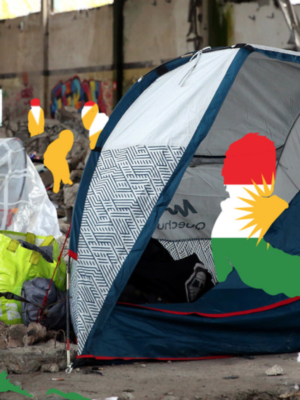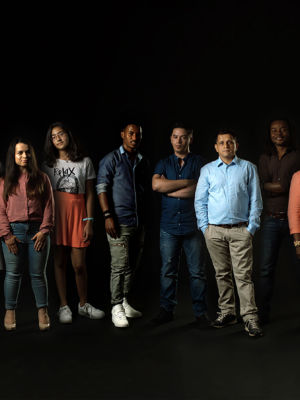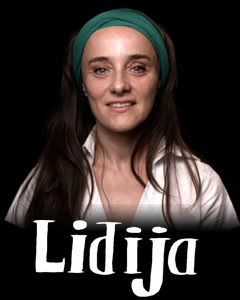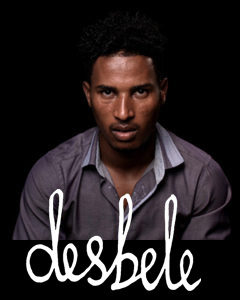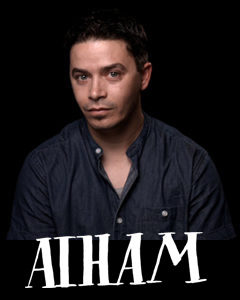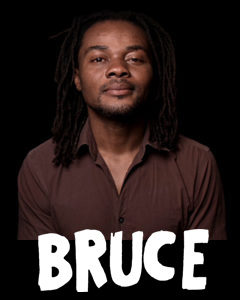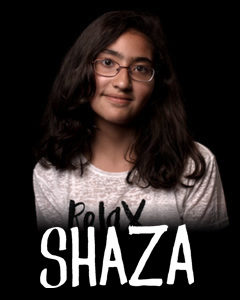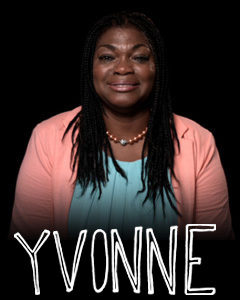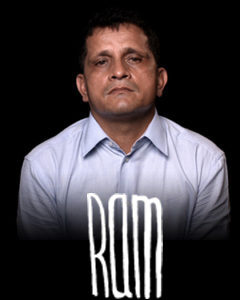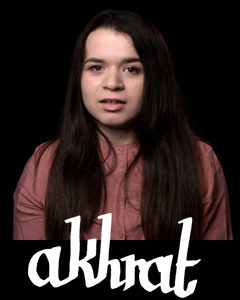Listen back: HILAC: Rules regulating war
On the 31st of October Professor Michael A. Newton discussed the 1949 Geneva Conventions that regulate warfare.
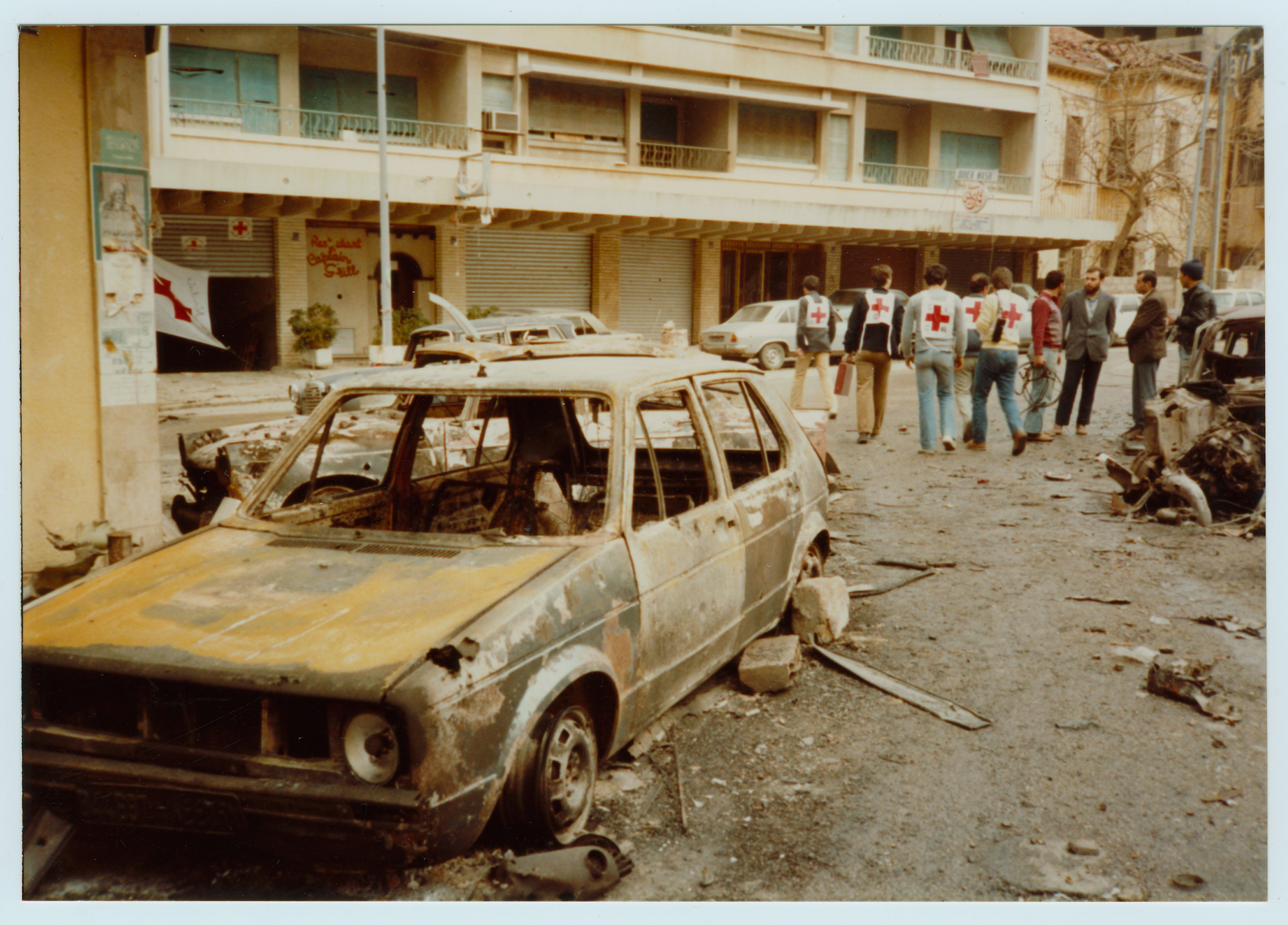
At every HILAC-lecture a renowned legal expert elaborates on a specific issue relevant to international humanitarian law and discusses the topic with the audience.
Professor Michael A. Newton discusses the 1949 Geneva Conventions that regulate warfare. Which challenges arise in this day and age? Is the law still the same or did certain situations leave their mark?
In the aftermath of World War II, in 1949, the Geneva Conventions were agreed upon. Some say that these conventions need strengthening because they were written a long time ago. Therefore, they no longer fit today’s challenges due to the changed nature of armed conflicts and the dilemmas that come with these conflicts. Still, the conventions are universally accepted today, and applied in armed conflicts around the world. What has the implementation of the rules taught us over the past seventy years, and what issues are raised in current jurisprudence? Speaking from both his extensive military experience as well as his work for the ICC, Newton focuses on these questions during his lecture.
About the speaker
Professor Michael A. Newton from the U.S.A. is an expert on terrorism, accountability, transnational justice, and conduct of hostilities issues. Over the course of his career, he has published more than ninety books, articles and book chapters. He has been an expert witness in terrorism related trials and negotiated the Elements of Crimes for the International Criminal Court (ICC). He was admitted to the counsel list of the ICC. In 2018, he helped prepare the appeal of Jean-Pierre Bemba, a Congolese politician and businessman who was convicted for war crimes and sexual violence. Newton also participated in oral arguments in the Appeals Chamber of the ICC. Recently, he was selected to prepare the amicus brief and participate in oral arguments in the Bashir case. Bashir is a former Sudanese president who faces multiple charges such as crimes against humanity and corruption.
At Vanderbilt University, Nashville, Newton developed and teaches the innovative International Law Practice Lab. This provides expert assistance to judges, lawyers, legislatures, governments, and policy makers around the world.
Newton served in the U.S. Army more than 21 years. His extensive operational experience includes advising operational commanders. He has also served in a variety of contexts and different roles, such as chief of operational law with the Army Special Forces Command (Airborne) during Operation Desert Storm, assisting Kurdish civilians in Northern Iraq on Operation Provide Comfort, and in Haiti with the 194th Armored Brigade (Separate). He taught international law at the United States Military Academy at West Point. Newton is most recently the editor of The United States Department of Defense Law of War Manual: Commentary and Critique.
* Picture from the ICRC Archives (ARR)/s.n.
https://soundcloud.com/humanity-house/hilac-rules-regulating-war

